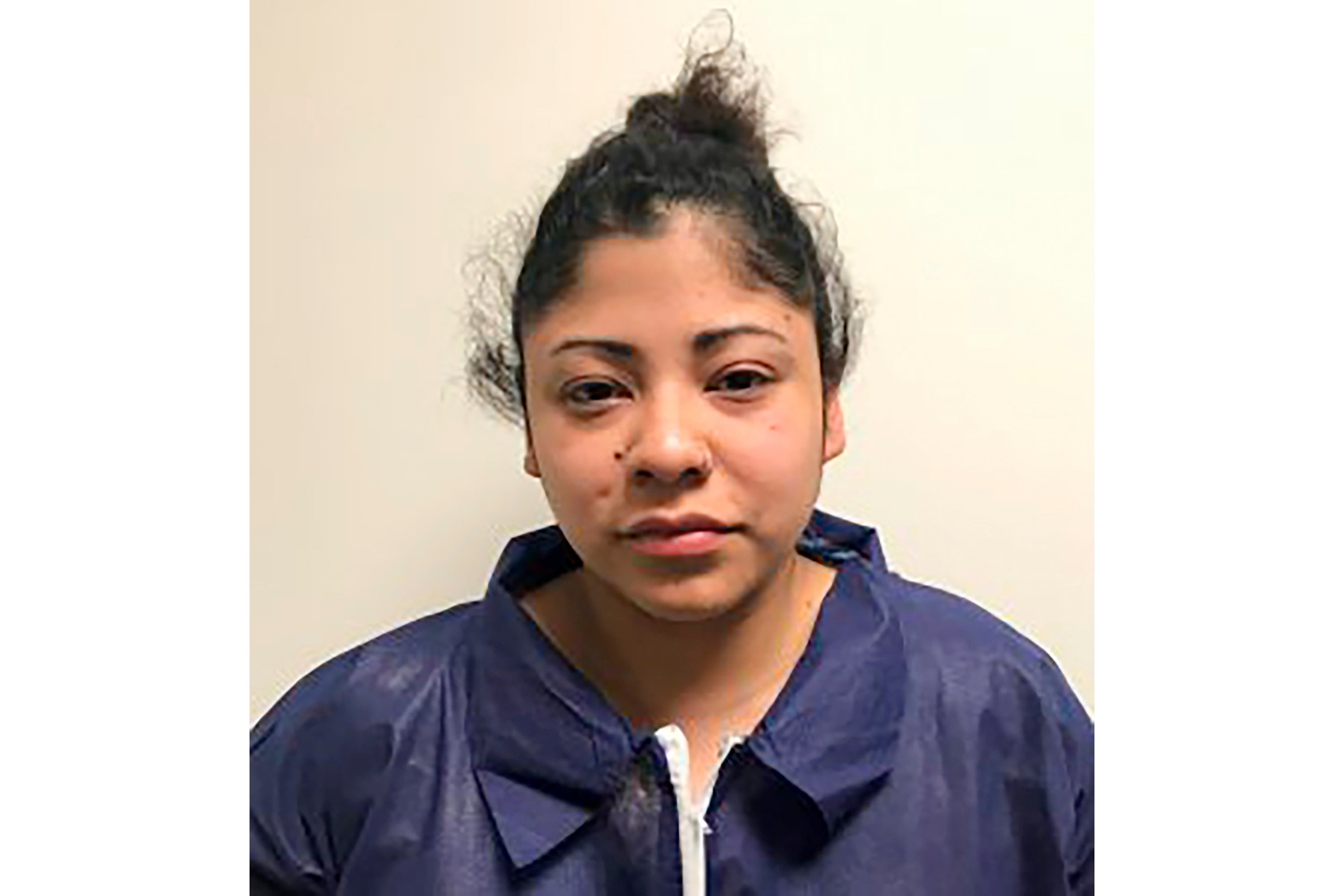Maryland appeals court throws out murder conviction of former US intelligence director's daughter
A Maryland appeals court has thrown out the murder conviction of a daughter of former U.S. intelligence director John Negroponte

Your support helps us to tell the story
From reproductive rights to climate change to Big Tech, The Independent is on the ground when the story is developing. Whether it's investigating the financials of Elon Musk's pro-Trump PAC or producing our latest documentary, 'The A Word', which shines a light on the American women fighting for reproductive rights, we know how important it is to parse out the facts from the messaging.
At such a critical moment in US history, we need reporters on the ground. Your donation allows us to keep sending journalists to speak to both sides of the story.
The Independent is trusted by Americans across the entire political spectrum. And unlike many other quality news outlets, we choose not to lock Americans out of our reporting and analysis with paywalls. We believe quality journalism should be available to everyone, paid for by those who can afford it.
Your support makes all the difference.A Maryland appeals court has thrown out the murder conviction of a daughter of former U.S. intelligence director John Negroponte.
Sophia Negroponte, 30, of Washington, D.C., was sentenced last year to 35 years in prison in the 2020 stabbing death of her friend, 24-year-old Yousuf Rasmussen, after a drunken argument.
Three judges with the Appellate Court of Maryland, the state's second highest court, sent the case back to Montgomery County Circuit Court on Tuesday for a new trial because the jury was allowed to hear contested portions of a police interrogation of Sophia Negroponte that was captured on video and a testimony from a witness for the prosecution questioning her credibility, news outlets reported.
“The detectives commented that they found (Negroponte’s) version of events ‘hard to believe’ and that it looked like appellant was not being honest. Under our long-established precedent, these kinds of assertions are not relevant and bear a high risk of prejudice,” the appeals court wrote.
Prosecutors argued that police didn’t assert that Negroponte was lying and that a detective’s skepticism put the interview in context.
The trial focused on whether Negroponte accidentally cut Rasmussen or whether she purposely tried to kill her friend by stabbing him in the neck. Defense attorney David Moyse urged jurors to consider that she was too intoxicated to form specific intent.
Negroponte’s defense had requested a comment from a forensic psychiatrist, who testified for the prosecution, be struck and asked for a mistrial based on the comment that Negroponte was less credible as a defendant in a murder trial, but the judge allowed the case to go forward.
Judging a defendant’s credibility is generally the province of the jury, said Andrew D. Levy, one of Negroponte’s appellate attorneys.
“It’s just a red line that the courts in Maryland have drawn,” Levy said. “The jury is the one who decides whom to believe.”
Sophia Negroponte was one of five abandoned or orphaned Honduran children adopted by John Negroponte and his wife after he was appointed as U.S. ambassador to the Central American country in the 1980s, according to The Washington Post.
“My wife Diana and I sincerely welcome this decision by the Appellate Court of Maryland,” John Negroponte said Tuesday.
Former President George W. Bush appointed John Negroponte as the nation’s first intelligence director in 2005. He later served as deputy secretary of state. He also served as ambassador to Mexico, the Philippines, the United Nations and Iraq.